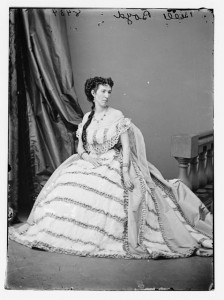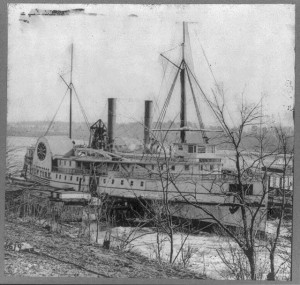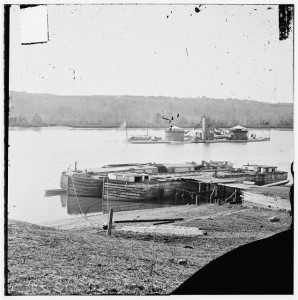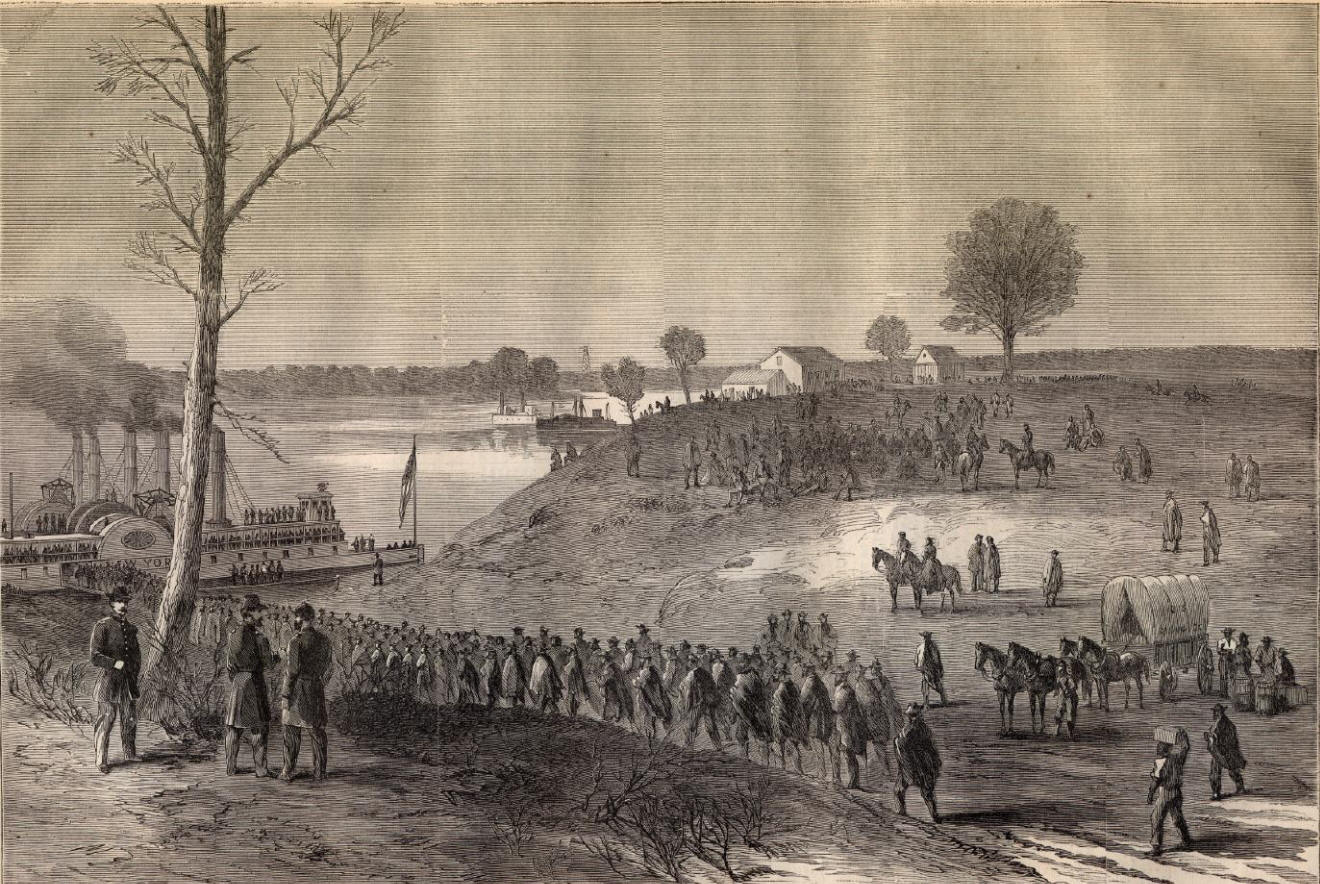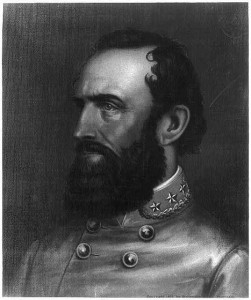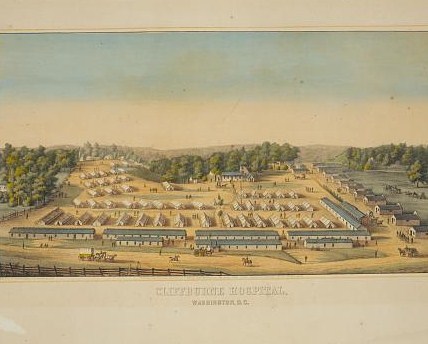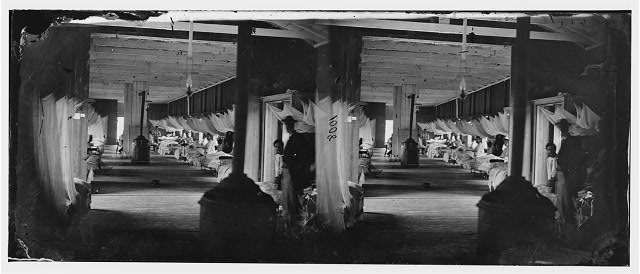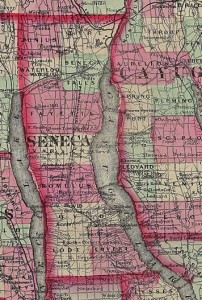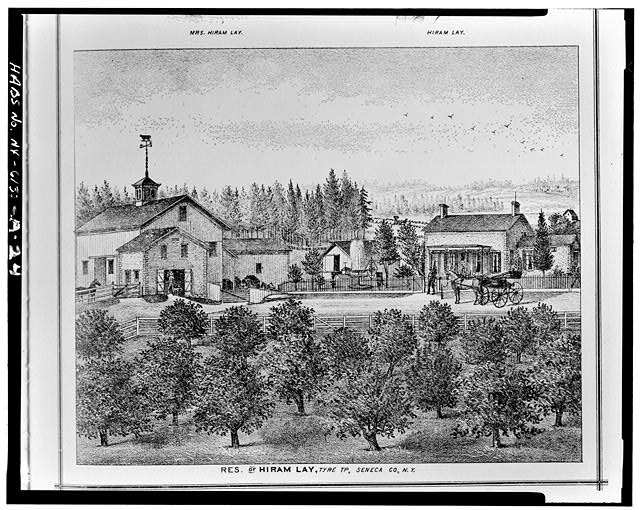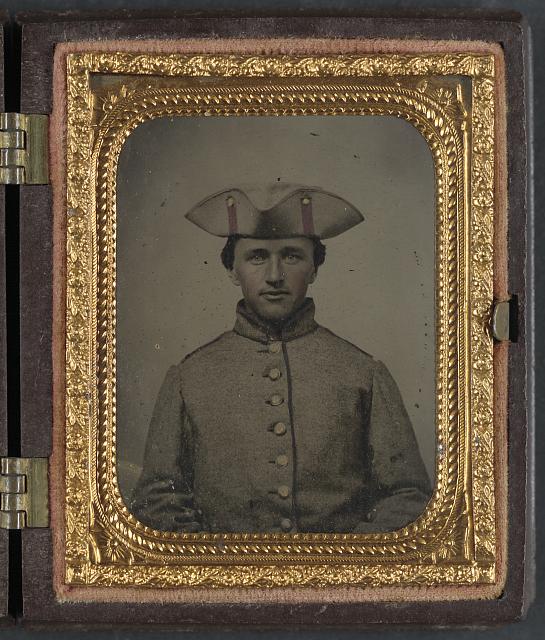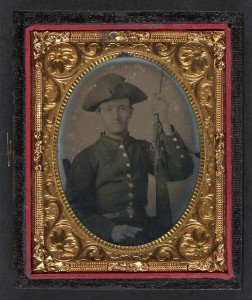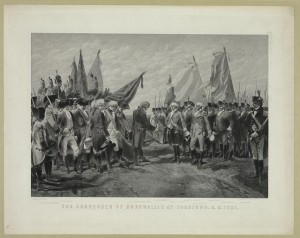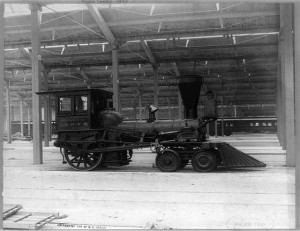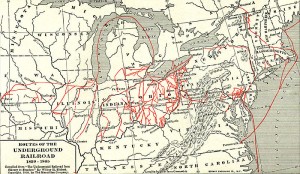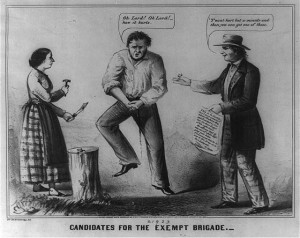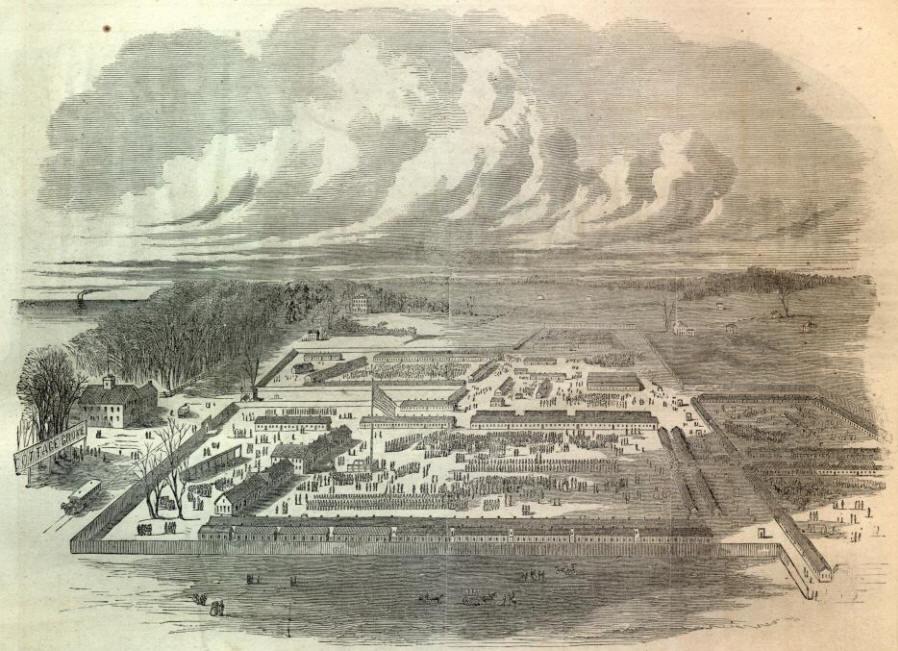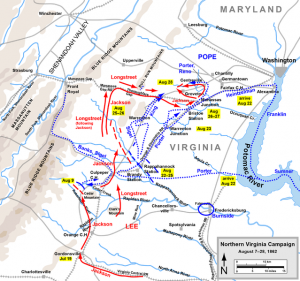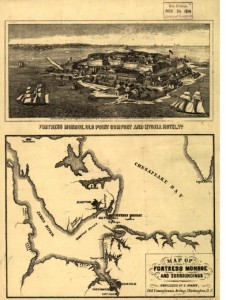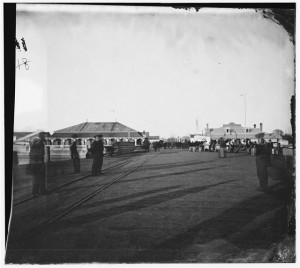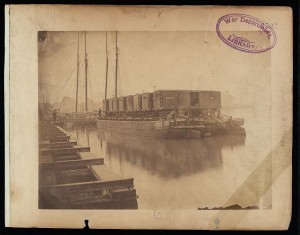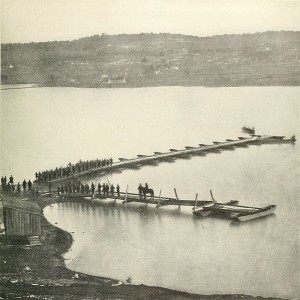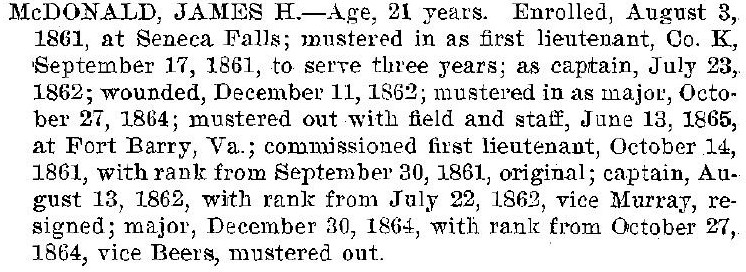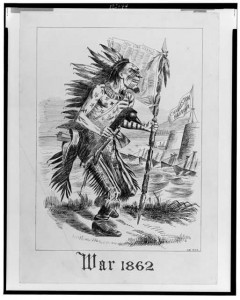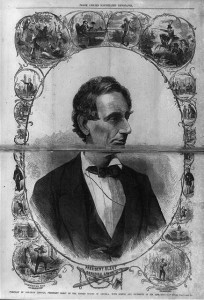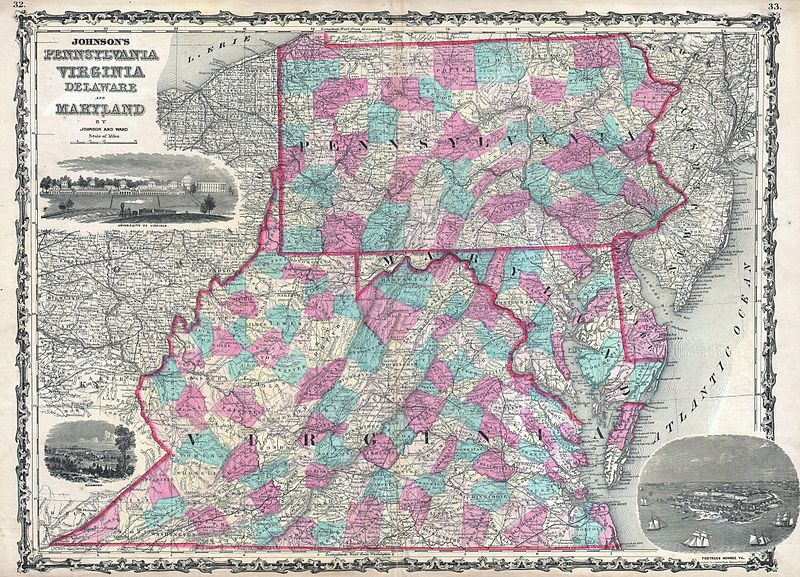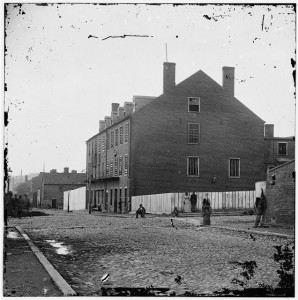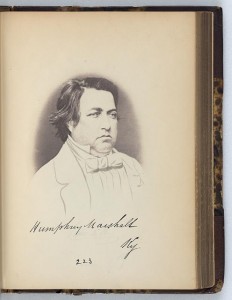The Dix–Hill Cartel of July 22, 1862 regulated the exchange of Union and Confederate prisoners. Aiken’s Landing on the James River became a major exchange location. The following letter seems to describe the the Dix-Hill cartel at work. Confederate spy Belle Boyd, however, apparently opted to be set free at Fortress Monroe. I’m not certain the letter writer and his fellow soldiers made it as far as Aiken’s Landing, but there is evidence that prisoner swaps had already started there.
From the Richmond Daily Dispatch September 4, 1862:
[Correspondence of the Richmond Dispatch.]
exchange of prisoners–Gay Times in a Federal prison.
On Board Flag of Truce Boat Juniata, September 1, 1862.
On last Thursday the prisoners of war (about 200) confined in the old Capitol prison were notified that in a few days we should be sent South (via Fortress Monroe) for exchange. Such a shout of heartfelt joy as then sounded through that old building was, perhaps, never heard before. Knowing how soon we would be in Dixie, and once more have a chance to cross sabres with the enemy for liberty or death, we took all the advantage of our situation we could — officers defied, guards cut down generally–we took complete possession of the second floor. There was but little sleeping done that night. Our merry laughs, loud huzzas, and snatches of home songs were heard during this time. All was not allowed to go on as we would have it.–Corporals, Sergeants, and officers were called for by the sentinels; but what cared we? We knew that soon we were to breathe the fresh and pure air of our native land once more. About 3 o’clock, however, Mr. Wood, the Superintendent of the prison, came and told us all to be ready to leave at 6 P. M. 29th. Another wild shout of joy and we are off with a hearty good bye for the kind treatment of us by Mr. Wood, which, by the way, none of us will soon forget, nor also, the kindness of Drs. Hall and Johnson, who, by the special permission granted them by Secretary Stanton, almost daily visited us, and furnished us with clothes, pipes, tobacco, and any other luxuries (sabres, pistols, and other contrabands excepted,) which the mind might fancy and the purse pay for. All thanks to them for their kindness, but confusion to Old Abe. Only one regret we felt at leaving , which was the unseasonable hour chosen, it being 8 P. M. We had all looked forward to the pleasure of showing off near 200 fine looking fellows, with their pet, Miss Belle Boyd, the rebel spy. I can assure you we had all of us rather spent one more night in prison, and had daylight for our start, than to be slid off in that quiet way. But I suppose they were afraid to have so many fine- looking gray jackets appear on the streets at such a time. Jackson so near, all would know us as reinforcements for that glorious, good soldier, who is an honor to his country and a terror to his foes.
Here we are, at last, on the noble James, and we are “almost home.” While I write this two of their black, ugly looking, but no longer dreaded, gunboats, go puffing down stream, most likely on their way to Richmond (?), their black iron sides presenting somewhat the appearance of a badly-punched pepper-box top. I wonder if Stuart’s swimming artillery did that Speaking of Stuart, puts me in mind that he is all the go. Nothing can resist him. He is evidently going it strong upon the rule of “wherever you see a head try to hit it. ” He is an elegant “bush whacker.”
Civil War Home discusses prisoner exchange during the war. You can also read the Dix-Hill agreement. As you can see from this image at Son of the South Aiken’s Landing was still being used as an exchange site in 1865:
How times have changed! In 1862 doctors who supplied tobacco and pipes were considered benevolent.

